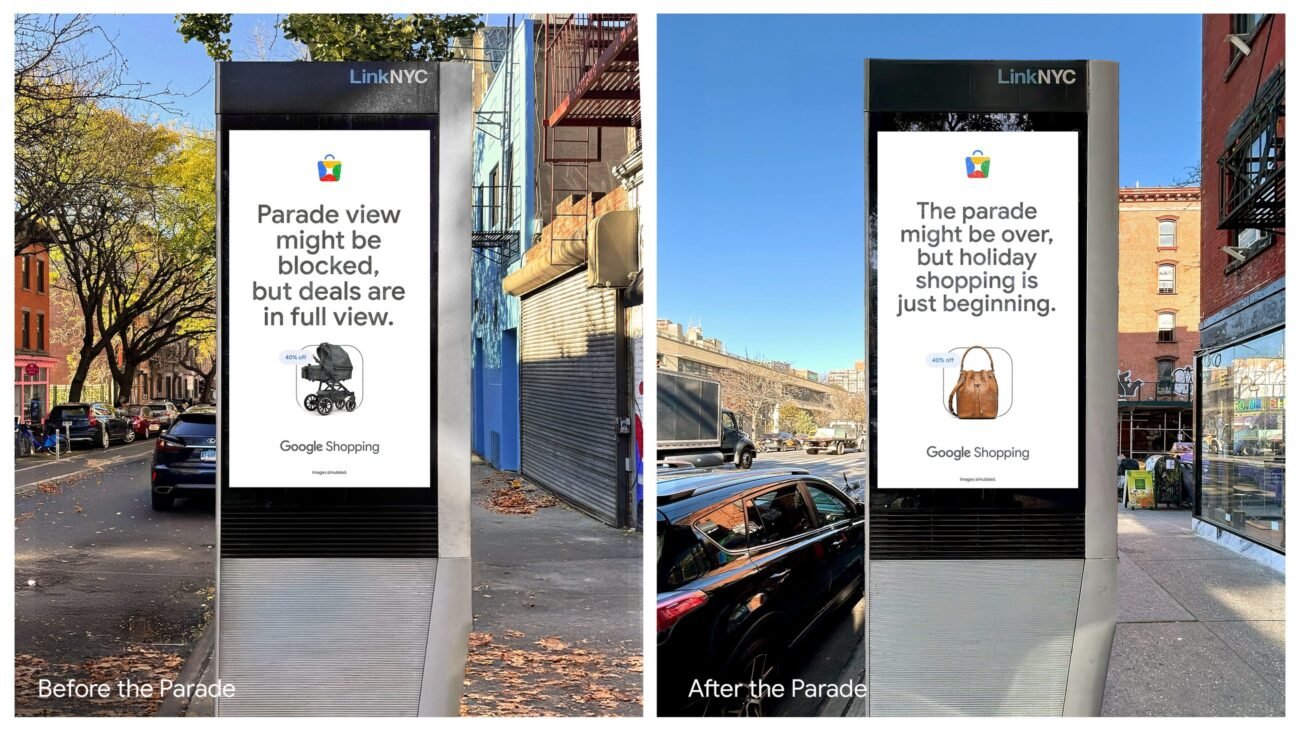Alibaba Launches AI Fashion Assistant – The Marketing Strategies You Need To Know
In an age where offline sales are declining while online is experiencing growth, it looks like one form of shopping in replacing the other. Alibaba’s AI fashion assistant thinks differently. It brings both worlds together

In an age where offline sales are declining while online is experiencing growth, it looks like one form of shopping in replacing the other. Alibaba’s AI fashion assistant thinks differently. It brings both worlds together by helping shoppers append in-store finds with what they can find in digital catalogs.
FashionAI, as the assistants are called, were installed in 13 shopping centers in China during Singles Day. To recall, Singles Day was a nationwide event created by Alibaba which successfully reigned in $25.4 billion in sales online and offline.
Clothes in the stores were embedded with chips that allowed the digital screen to identify them. When a person walks into a fitting room fitted with a screen, the system immediately identifies the pieces of clothing and starts suggesting similar or complimentary pieces. Ideally, FashionAI will help the shopper find more options both online and offline. If a choice is made, a simple touch on the screen can summon an assistant to bring the desired item for a fit.
A neural network used in FashionAI helps it understand user preferences and make its suggestion-making skills better each time. Alibaba’s Fashion AI is a strong display of how online and offline can work together instead of competing to create an even more immersive experience for the consumer. Consumers can physically fit garment while artificial intelligence provide the most sensible options to complete a look.
Smart displays in store have been around. Mirrors for make-up simulation at Sephora shop offer a glimpse into technology-driven brick and mortar stores. Where Alibaba stands out is bringing the capabilities of e-commerce directly to an offline shopper.
This commitment will, in the future, not just come on Singles Day or any other special day. Alibaba has planned to build a physical mall which it will have absolute leeway to explore technologies that merge both offline and online shopping. On a Business Insider report, the Alibaba mall will feature tech-based grocery stores and virtual fitting rooms.
 English
English





